PMO staffers no longer allowed inside national Liberal caucus meetings, say Liberal MPs: ‘that’s how it should be’
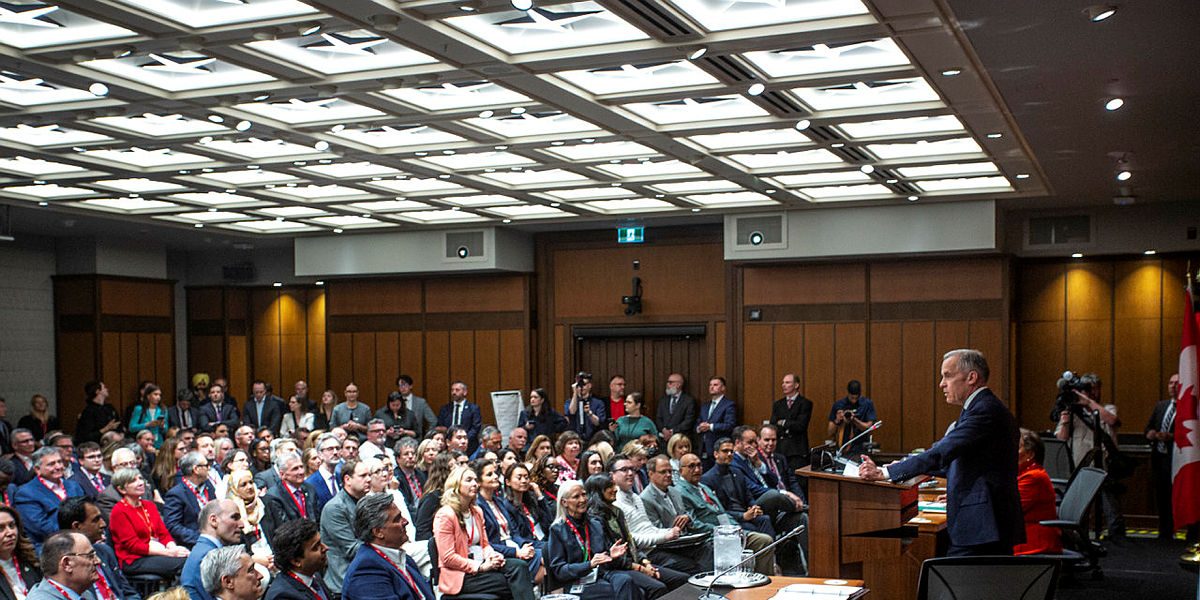
To ensure Liberal MPs have unfettered access to their leader each week while the House is in session, the Liberal national caucus chair has decided that no PMO staffers will be permitted to attend the weekly national caucus meetings, Liberal MPs confirmed to The Hill Times.
“It’s a good idea,” said 11-term Liberal MP Hedy Fry (Vancouver Centre, B.C.), who was first elected in the 1993 election when she defeated then-prime minister Kim Campbell and has won every election since. “Members are able to speak freely [without the Prime Minister’s Office staff] because there’s a certain intimidation in staff being there from the PMO. So people can feel free to say what they have to say [in caucus meetings].”
During the nine-year government of then-prime minister Justin Trudeau, numerous MPs requested that senior PMO staff be excluded from caucus meetings to allow for more confidential and candid discussions. These appeals were directed both to the caucus chairs and the prime minister himself, but were never acted upon. Under Trudeau, senior PMO staff regularly attended caucus meetings.
At the May 25 national caucus meeting, the first one held after the April 28 election that Fry chaired as the “dean” of the caucus, MPs acclaimed four-term Liberal MP James Maloney (Etobicoke-Lakeshore, Ont.) as the new national caucus chair. He succeeded outgoing chair Brenda Shanahan who did not seek re-election. Maloney chaired his first caucus meeting on May 28, where he said that Prime Minister Mark Carney’s (Nepean, Ont.) staffers would not be allowed to attend national meetings. By press time, Maloney was not available for an interview for this article.
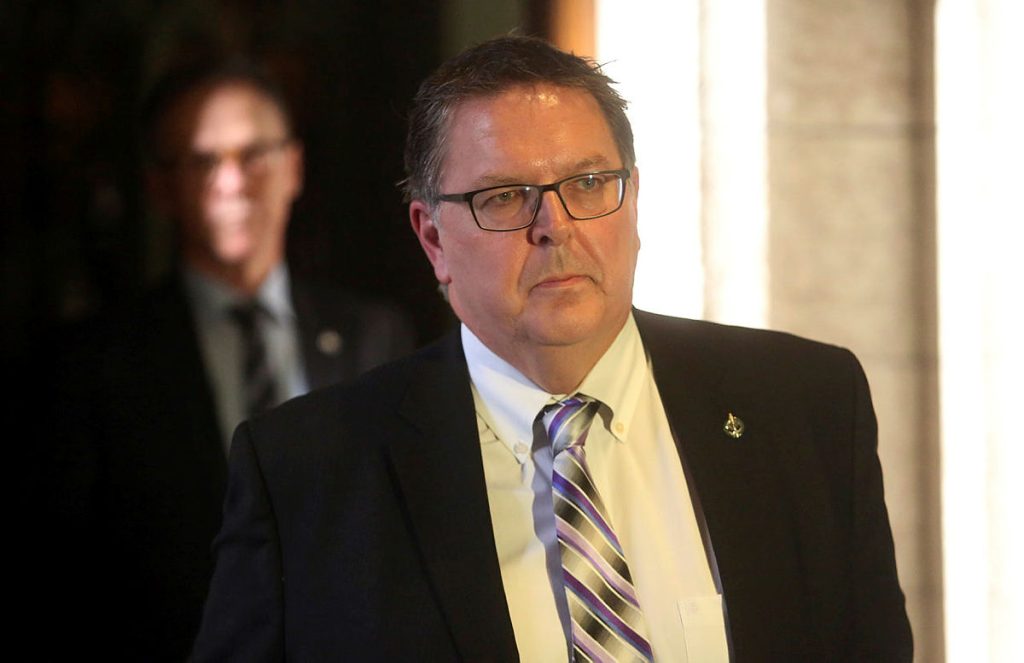
Fry told The Hill Times that under then-Liberal prime ministers Jean Chrétien and Paul Martin, staffers were not permitted to attend caucus meetings, creating an environment where MPs felt free to speak openly without fear of pressure or intimidation from the PMO.
“It’s what I was used to: under Chrétien for 10 years and under Martin for two, we never had staffers in the caucus,” said Fry. “That’s how it should be. The advantage is just that the Members get to speak to the leader, and that’s how it should be. That’s what caucus is about. Caucus is meant to be confidential, and it should just be the Members and the leader.”
She said that under Chrétien, caucus discussions were often vigorous, with MPs freely engaging in heated exchanges and openly disagreeing with the then-prime minister. Chrétien would say in caucus meetings that he was prime minister because his MPs had won, and MPs from across the country regularly shared feedback on what their constituents were saying about the government.
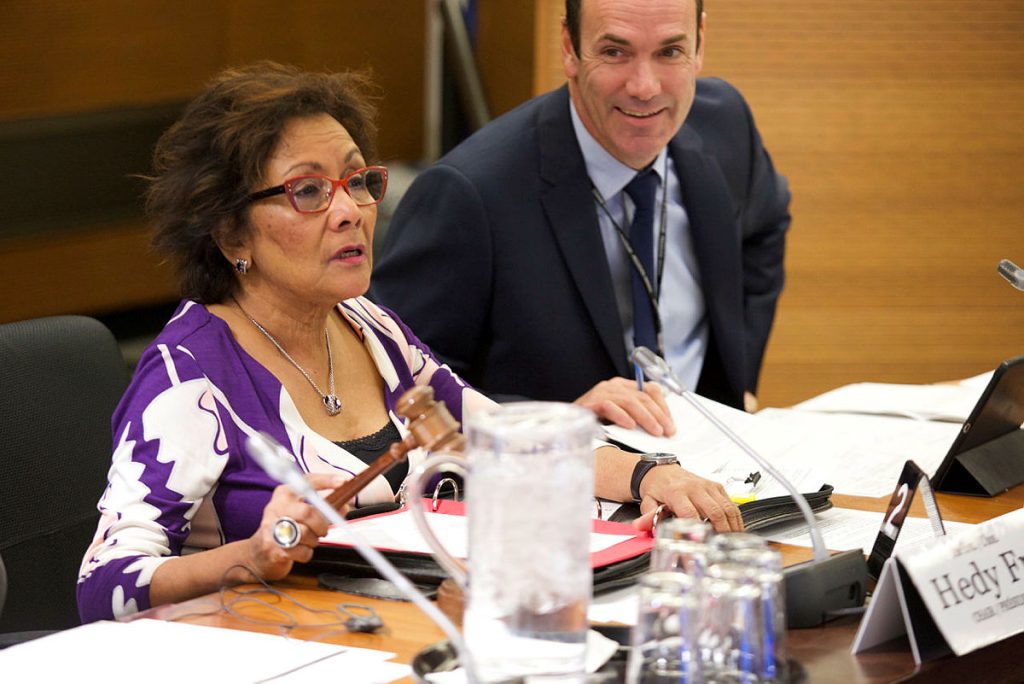
“He listened, we didn’t have a lot of talking heads,” said Fry. “It was caucus talking, feeding back to the prime minister, and it was great because people would disagree. There would be arguments, there’d be blood on the floor. People would be saying, ‘Whoa, you know we don’t agree with you on this.”
When Parliament is in session, all recognized party caucuses meet on Wednesday mornings from 10 a.m. to noon behind closed doors. These meetings allow MPs to relay feedback from their constituents about party policies, and to co-ordinate parliamentary, legislative, and political strategies. In addition, national caucuses hold regional retreats during the summer and at the start of each parliamentary session to plan long-term strategy. For governing parties, these retreats include presentations from cabinet ministers on their departments’ legislative agendas, as well as briefings from party headquarters on election preparedness. The weekly meetings and the regional retreats are always only for MPs.
Senator Percy Downe (Charlottetown, P.E.I.)—a member of the Canadian Senators Group who served in several senior positions in the Chrétien PMO, including as chief of staff—said when he was in the PMO, he used to get a debrief by the caucus chairs after each meeting about the general themes of the discussions. Those conversations between Downe and the caucus chairs never included any names. He said the then-caucus chairs never used to share any specifics and if he asked, they would refuse to divulge any specific information.
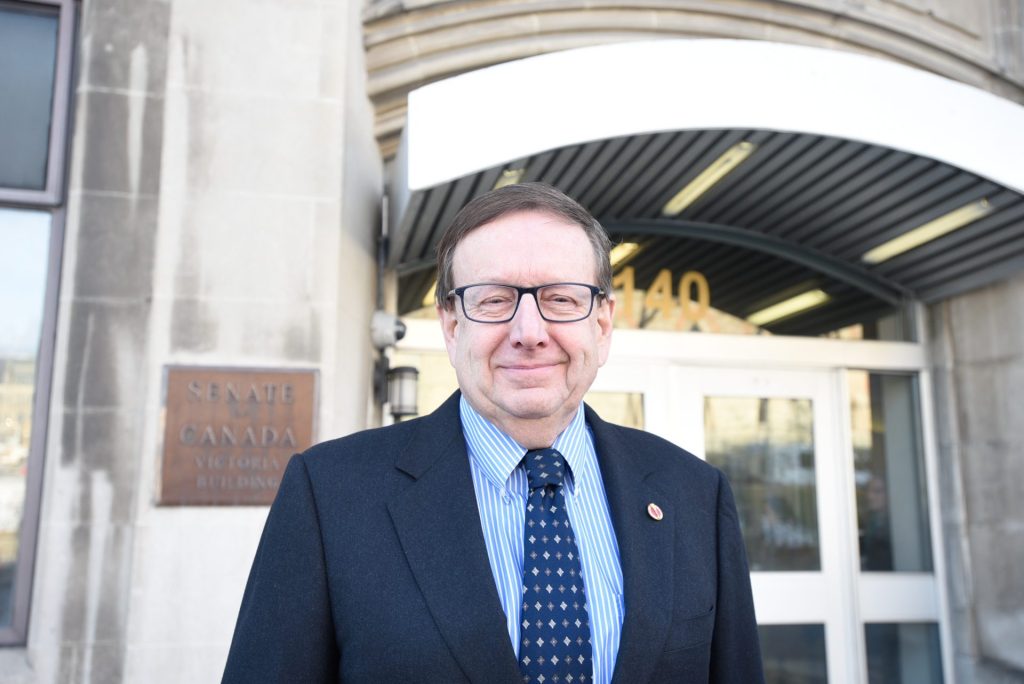
“I remember one time there was some outrageous comment somebody [an MP] made, and I said [to the caucus chair], ‘Tell me who said that because I want to phone the person.’ And he [then-caucus chair] said, ‘No, I’m not doing that,'” recalled Downe. “The deal is the deal. So we got the essence of what the concerns were without the names attached.”
Downe explained that MPs often feel uneasy in the presence of PMO staff because the Prime Minister’s Office is the most powerful office in the country. PMO staff play a key role in advancing MPs’ policy priorities, and have considerable influence over cabinet and parliamentary secretary appointments. As a result, MPs are reluctant to voice criticism in front of them. Under Trudeau, Downe said, MPs frequently expressed frustration in private about the regular attendance of his senior staff at caucus meetings.
Former P.E.I. Liberal MP Wayne Easter, who served in the House from 1993 to 2021 under prime ministers Chrétien, Martin, and Trudeau, described Maloney’s decision as “absolutely marvellous” and the “right” move. Easter said the presence of PMO staff fundamentally alters the tone of caucus discussions. In his experience, while prime ministers may tolerate being challenged by MPs, PMO staff—fiercely loyal to their leader—often hold such dissent against MPs. This is particularly challenging for new MPs who have not yet served in cabinet, but are eager to gain that experience and don’t want to take any chances by offending any senior official, Easter said. He said that a prime minister is always a busy individual and they rely heavily on the PMO staff, making it uncomfortable for MPs to speak candidly in their presence.
He said that under Chrétien and Martin, senior staff were only occasionally permitted to attend caucus meetings when there was any special occasion, and this was only by invitation and for a few minutes.
“[PMO staff have] way too much—way, way, way, way too much [influence],” said Easter. “If you’re a backbench Member, a new Member who hasn’t been in cabinet, maybe not even been a parliamentary secretary, you want to get that next step up the ladder. You want to get to the cabinet, you want that to be part of your career. And even though it may not be evident, it’s always in the back of your mind, ‘Oh, my God, if I offend someone in the Prime Minister’s Office, then I’m never going to get recommended for that promotion.’”
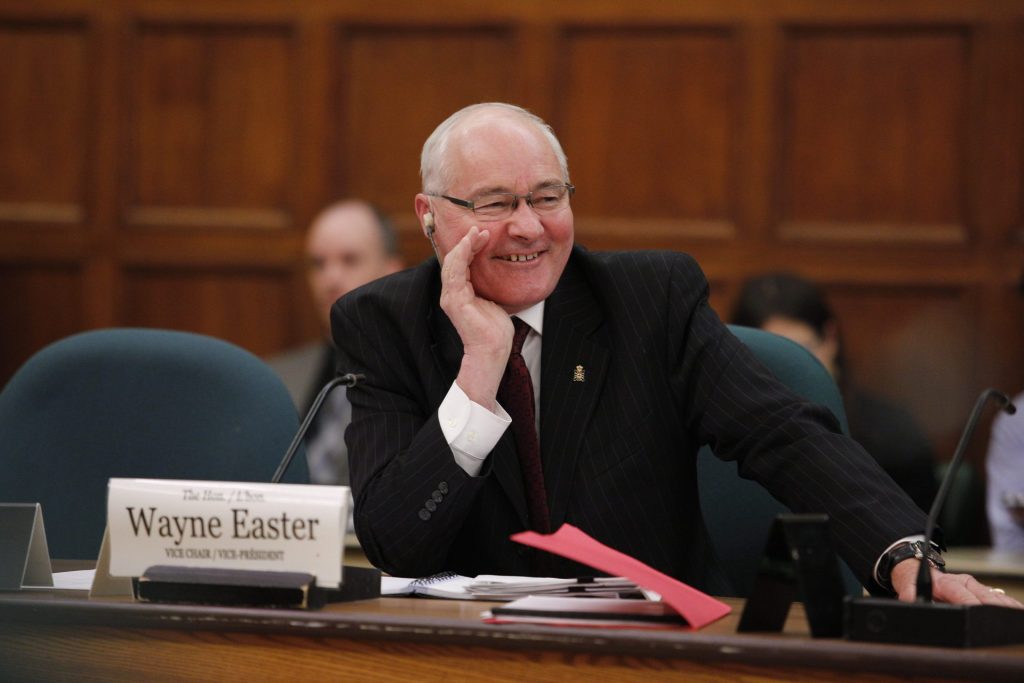
Easter said that during his time under Trudeau, several caucus members, including himself, told the then-prime minister several times that they didn’t want his staff in the room, but that request was never accepted.
Reflecting on his time under Chrétien, Easter said the caucus meetings were treated as the most important meetings of the week. He expressed hope that Carney would follow Chrétien’s example. Upon entering the caucus room, Chrétien would regularly look around to check which cabinet ministers were absent, and would remind his front bench of the importance of full attendance.
A Liberal MP, who spoke to The Hill Times on a not-for-attribution basis because caucus meetings are always confidential, said their feeling is that Carney wants to win over the caucus, and that so far they are satisfied with the way the caucus is run. Under Trudeau, they said, there was always a feeling that the meetings were scripted. This MP and others told The Hill Times that during caucus meetings, Carney takes “lots of notes” and addresses issues raised by MPs in his remarks at the end of meeting.
“There’s more time to talk now,” said the MP. “The last prime minister used to talk more, this prime minister listens more. This prime minister appears to be open to more ideas.”
arana@hilltimes.com
The Hill Times






 LICENSING
LICENSING PODCAST
PODCAST ALERTS
ALERTS













